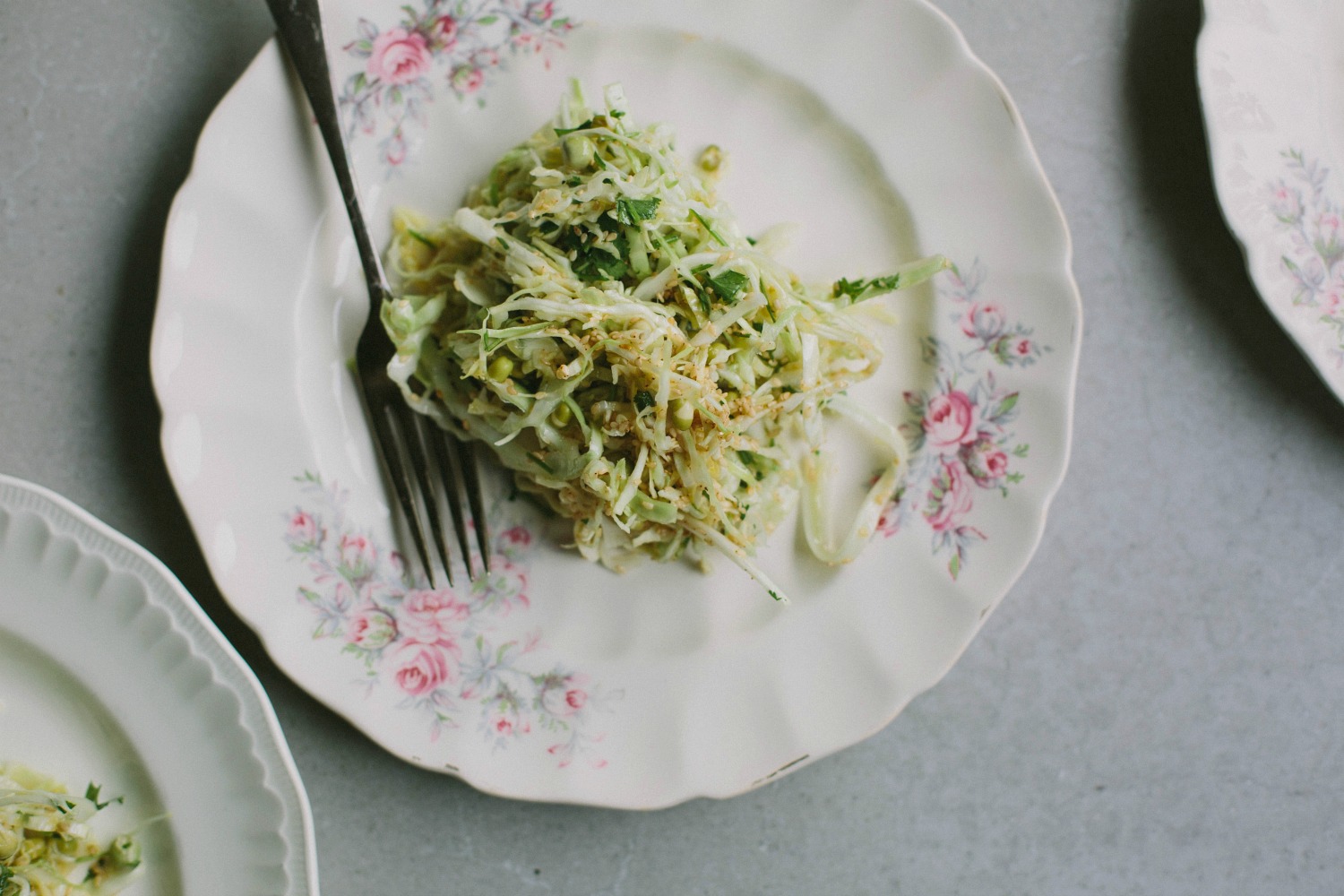
I’ve always felt a deep connection to this land where I was born and a deep yearning to know more about my Māori heritage. Being of mixed descent and growing up in a time where only the brave held (fiercely) onto their culture, it was not part of my upbringing, sadly. Te reo (the language) ended with my great-grandmother Emma (who I’m named after) and my grandad Max was of the generation where Europeans tried their hardest to squash any culture from our green shores. Children were caned at school if they even accidentally let a Māori word slip and while I’m sure my great-grandmother still spoke te reo until her last days, it would’ve been in secrecy and teaching her children would’ve only set them up for a life of pain, or so she believed. Needless to say, my mother knew nothing of her Māori culture either.
Living overseas for as long as I did and seeing numerous heart-breaking events take place throughout the world aimed at indigenous people’s, made me yearn even more to connect to my roots, my whakapapa.
I grew up in a school and community that have always embraced Māori language and culture, so while it was not part of my home life, I’ve thankfully always had a basic understanding of words and protocol. I also took Māori lessons in High School many years ago, but they were taught so badly that they only made me believe it was not possible for me to learn another language. When I saw a notice late last year advertising Te reo classes, I was hesitant. But it’s funny how life gives you the signs you need, as only a few days later I found myself sitting next to a lovely lady at the Waka Ama (outrigger canoe) nationals (where my husband was racing), after chatting for half an hour or so I realised she was the teacher of the classes (and actually the daughter of Dame Kāterina Te Heikōkō Mataira, co-founder of the Te Ataarangi program I’m now learning). Without allowing myself time to over think things or back out, I signed up for classes and began at the start of this year. I go two days a week (and my husband goes one night a week) when the kids are at school, no English is spoken, at all. It’s been an incredibly humbling experience and while there’s been many days where I’ve felt completely out of my depth, confused (especially when I was still not feeling great after being in hospital) and wondering if I will ever understand all that is spoken. I feel alive, and truly grateful to my teacher Neria, for the unconditional love, compassion and patience she shows to us all.
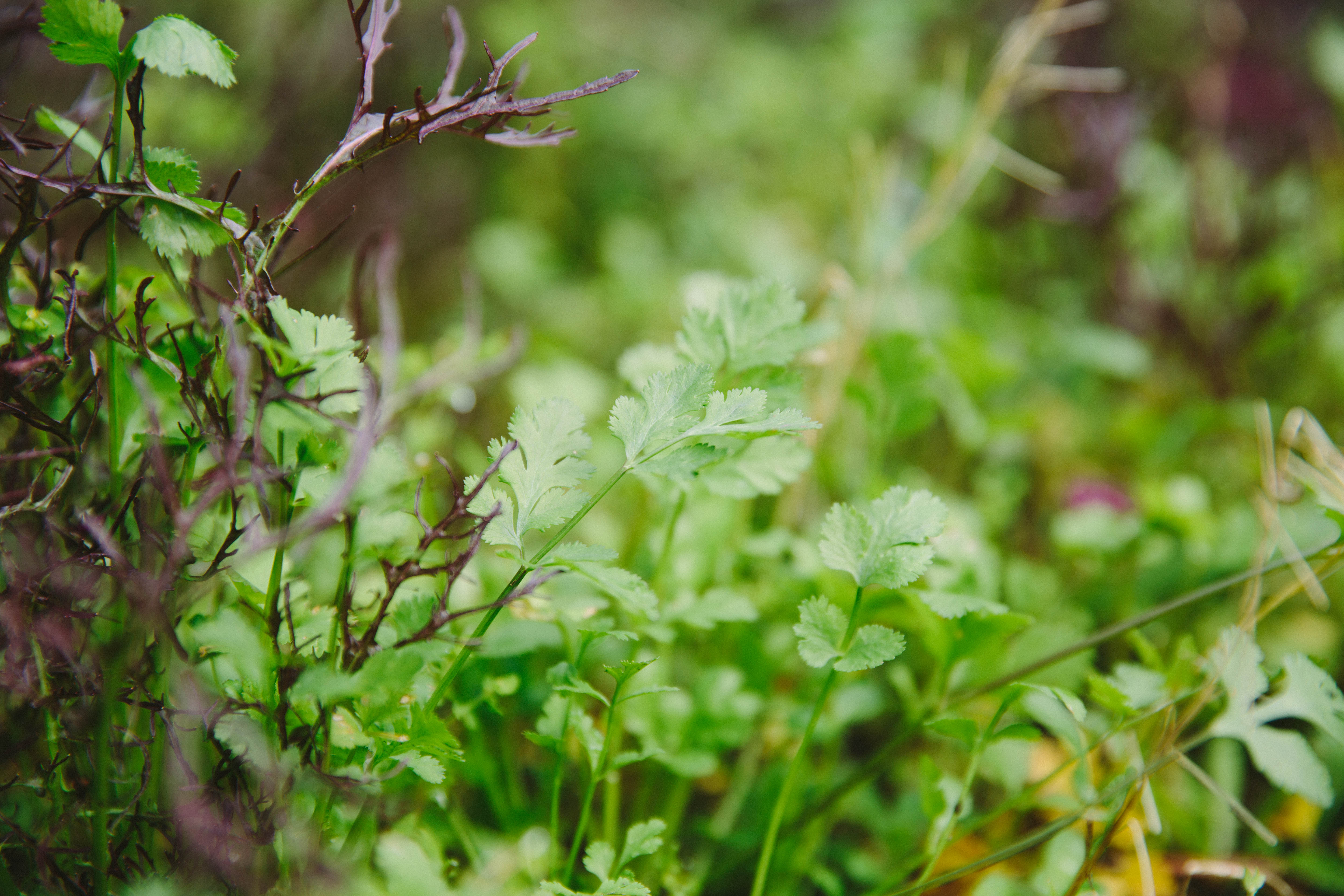
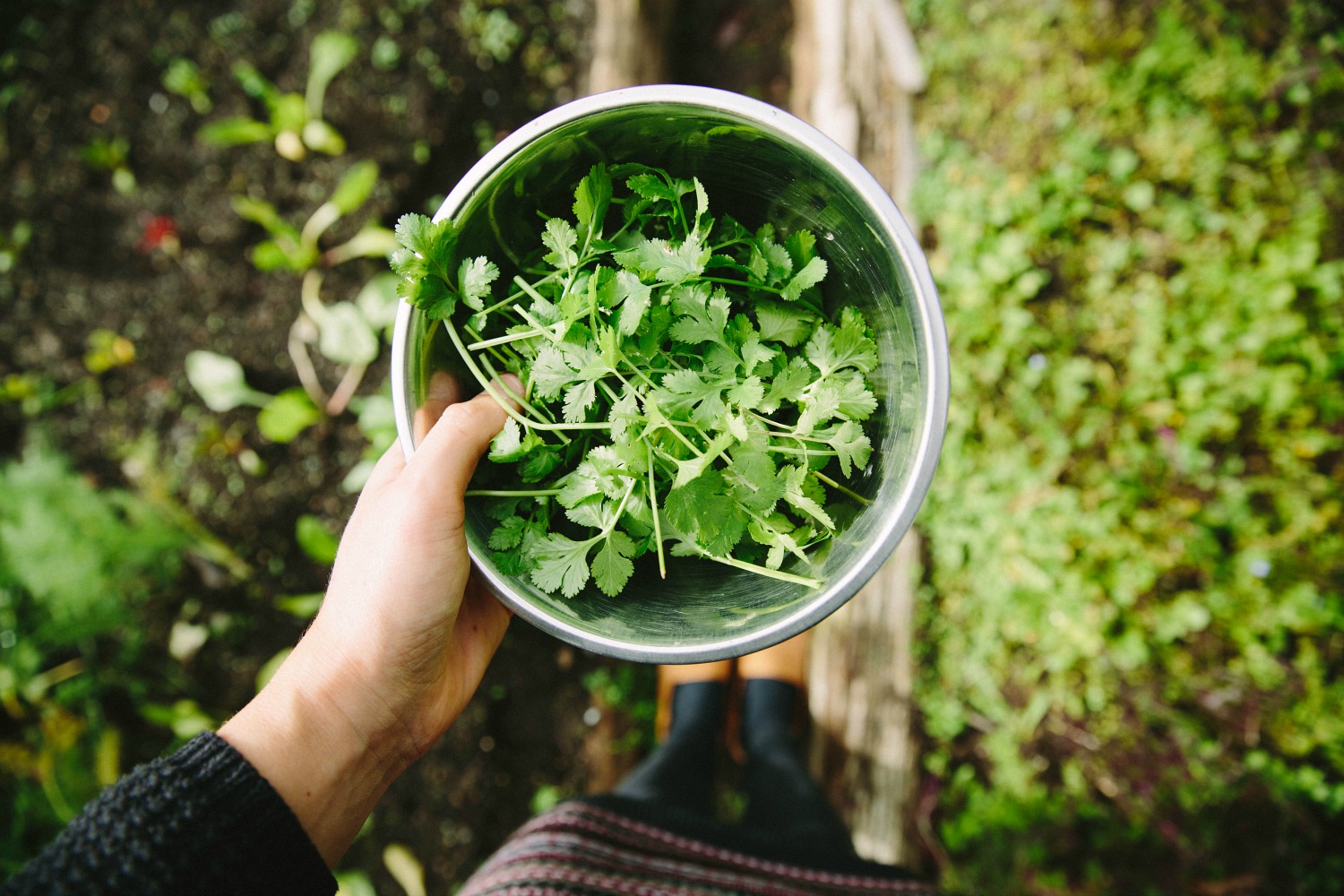
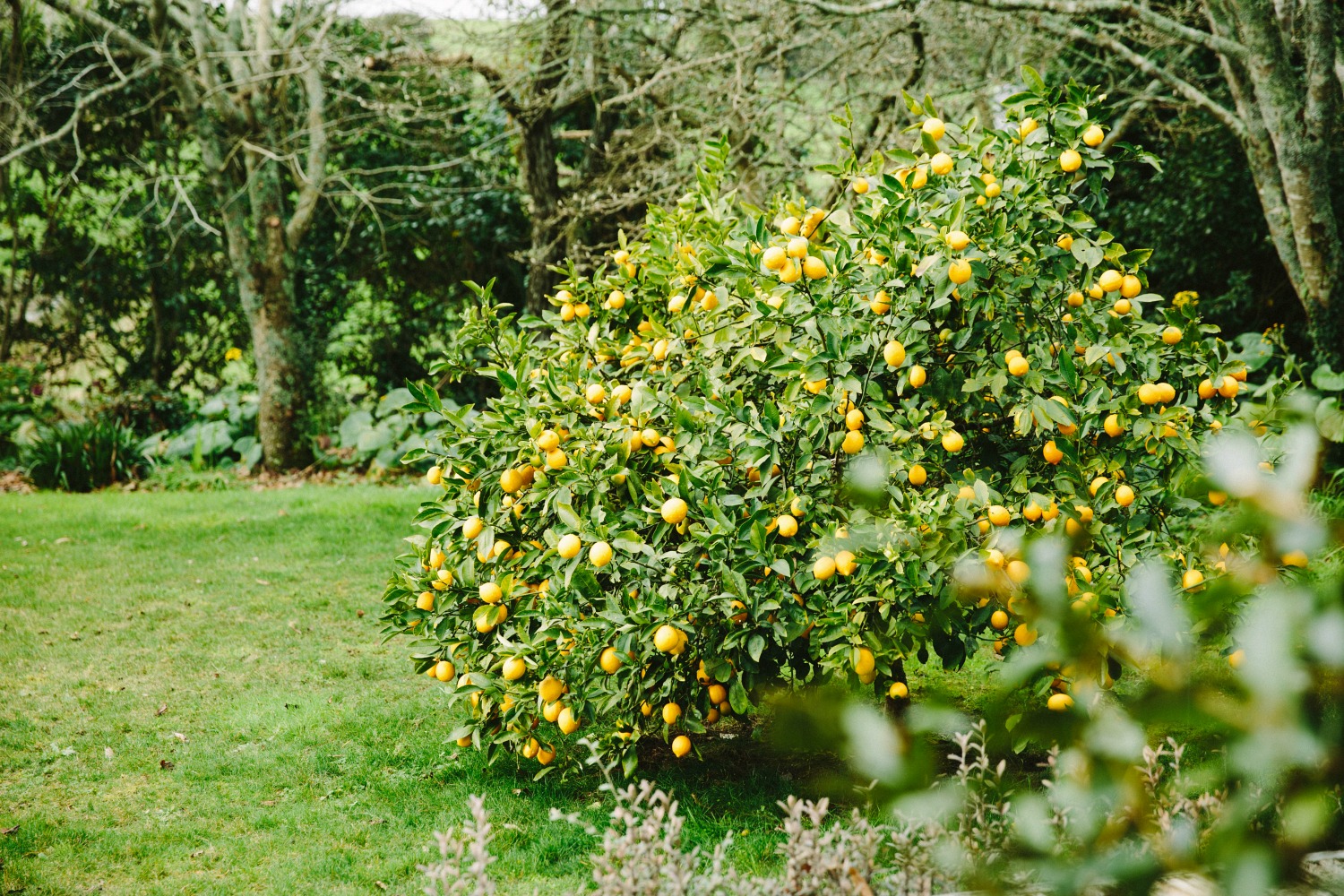
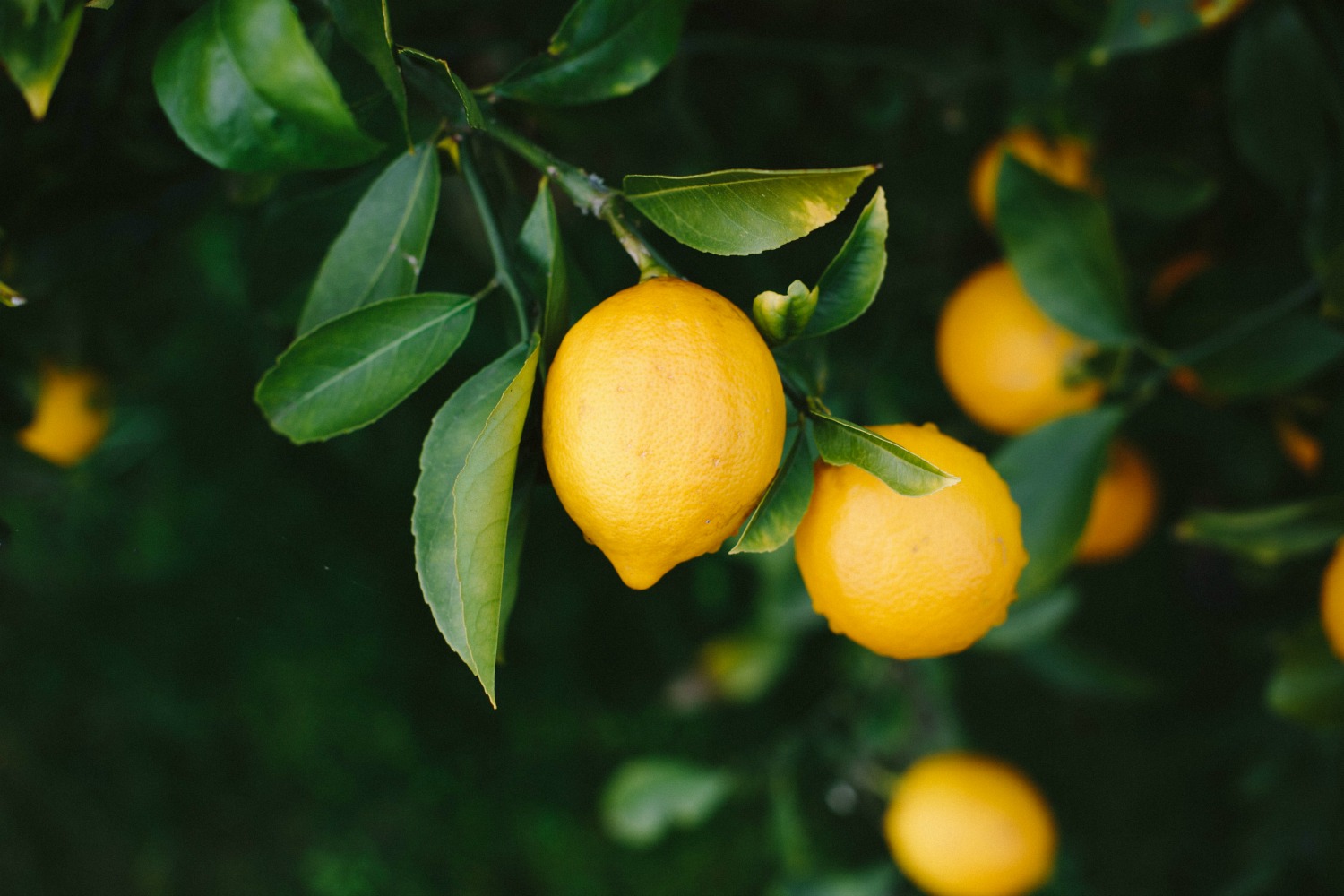
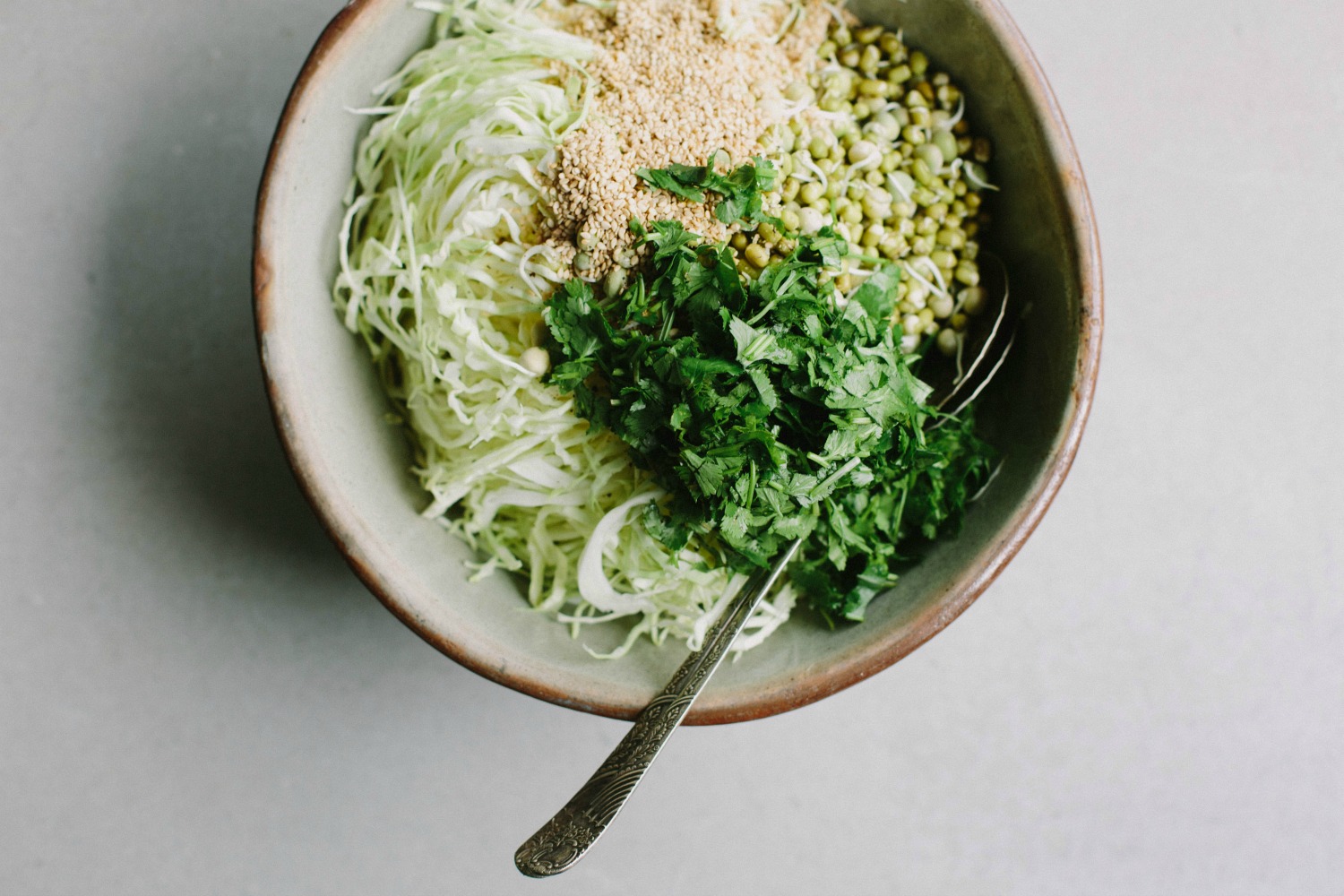
I can’t explain the happiness I feel connecting to this part of myself, it’s not just that I’m now being able to understand some of what’s being said or that I can now piece together sentences, it’s something bigger than myself, bigger than us all. It might sound a bit deep, but I feel like I’m more ‘me’ now that I’m allowing myself to be who I’ve always believed I was, on the inside.
I, along with so many other mixed race New Zealanders, have never felt like I could acknowledge my Māori blood because I don’t look overly Māori, I’ve never been to my Marae and I didn’t grow up speaking the language (other than knowing random words and simple sentences most people learn growing up in Raglan). It feels good to be starting to let go of all of that. I’d like to think that our generation are going to be the ones to bring this beautiful language back from the brink of extinction, and I’m so, so happy to play a small part.
At kura (school) we all bring food to share for morning tea and lunch, and me being me I usually take a salad of some kind at least once a week. When I discover a combination I really love, I tend to go on a bender and make it everyday, in different disguises. I took a cabbage version of my beloved shredded carrot salad to kura recently and got a few compliments, so I thought I’d write the recipe up to share (as much for my class mates who asked for it as the rest of you guys!). If you’re already familiar with my carrot version, you will see that not much has changed here, except swapping out carrot for finely shredded cabbage. This salad is also a great place to disguise a tablespoonful or two of sauerkraut, which is especially great if your kids aren’t big fans (I have one kid who LOVES the stuff and another who couldn’t care less about it). It’s also a great salad to prep ahead.
Ngā mihi nui kia koutou katoa.
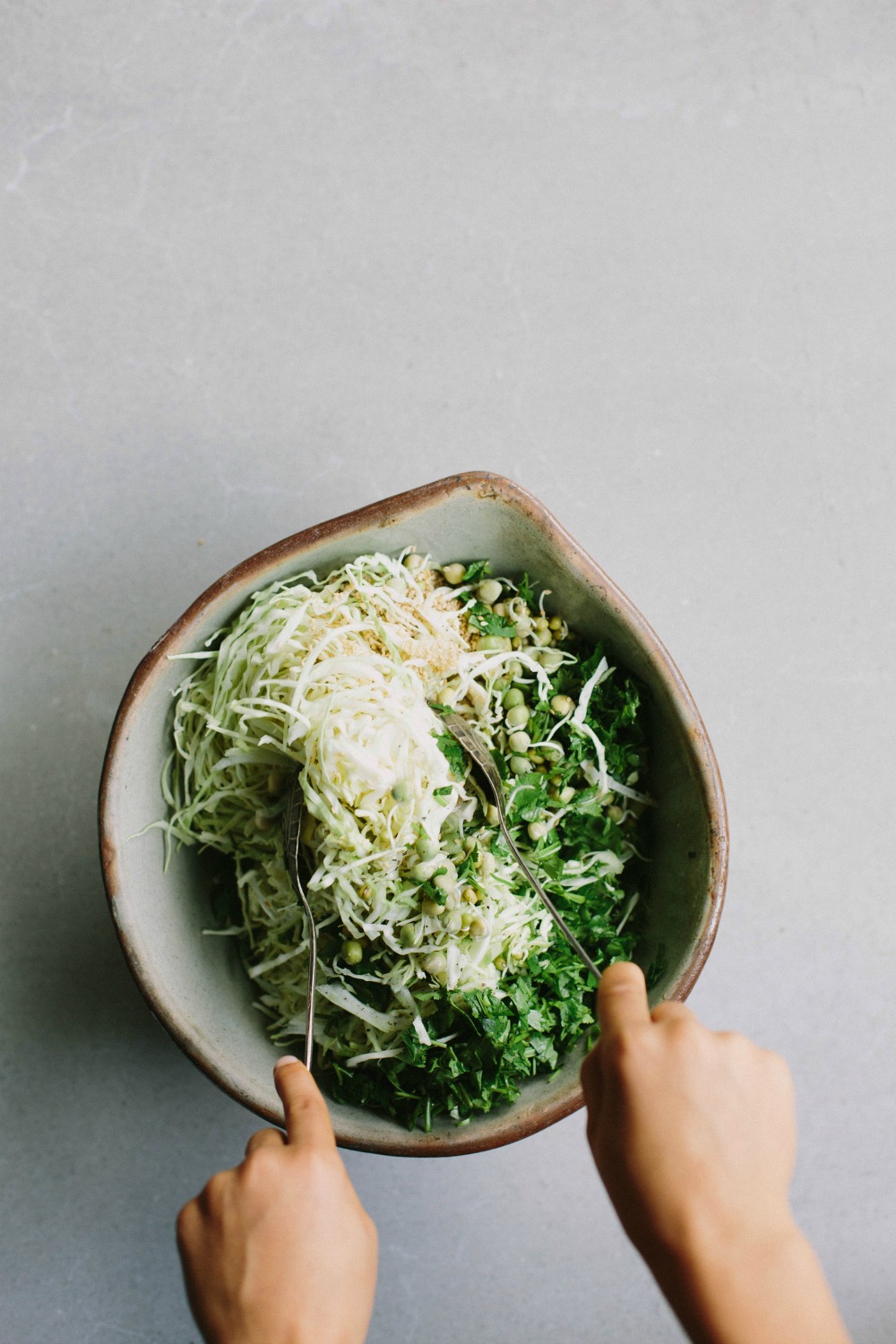
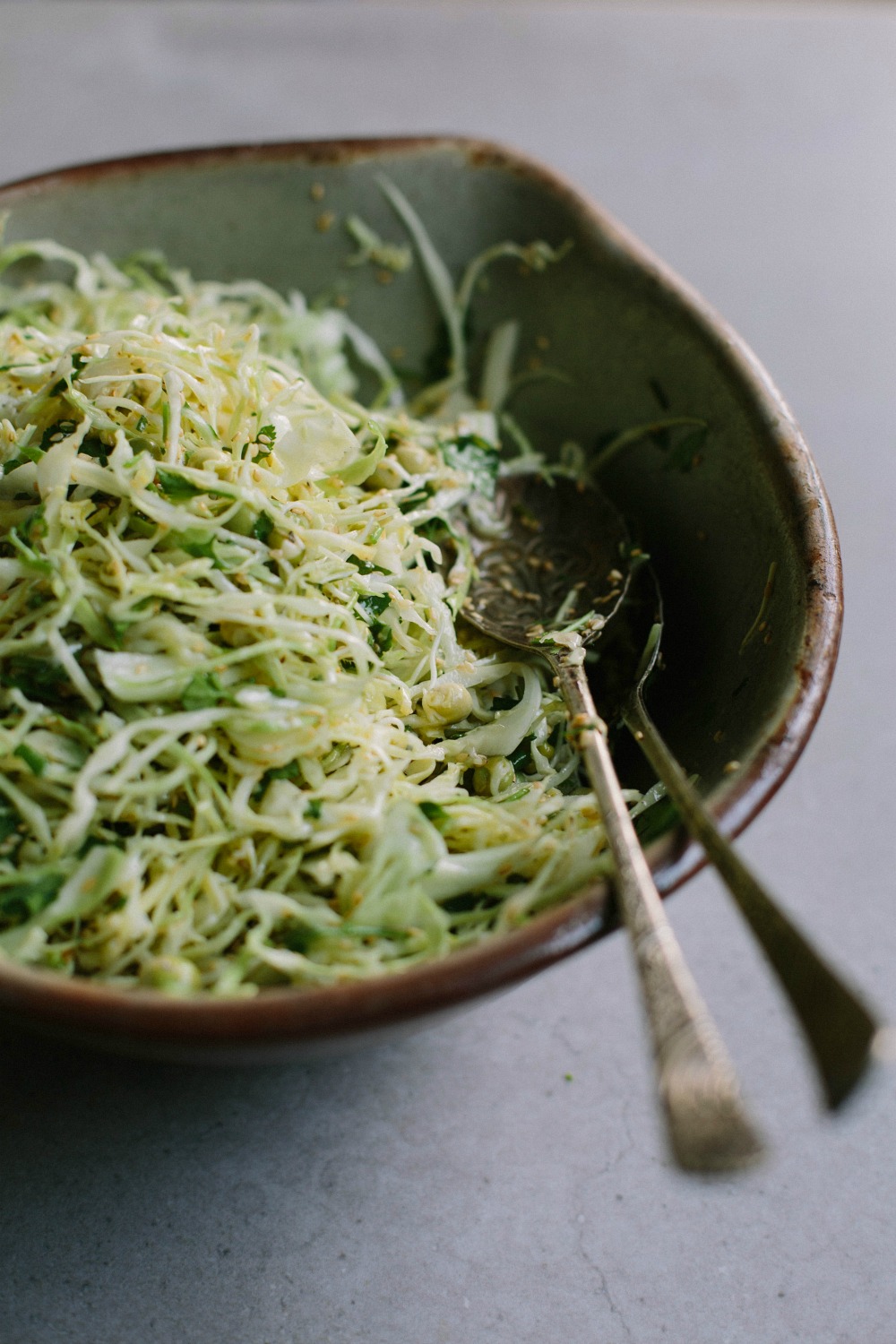
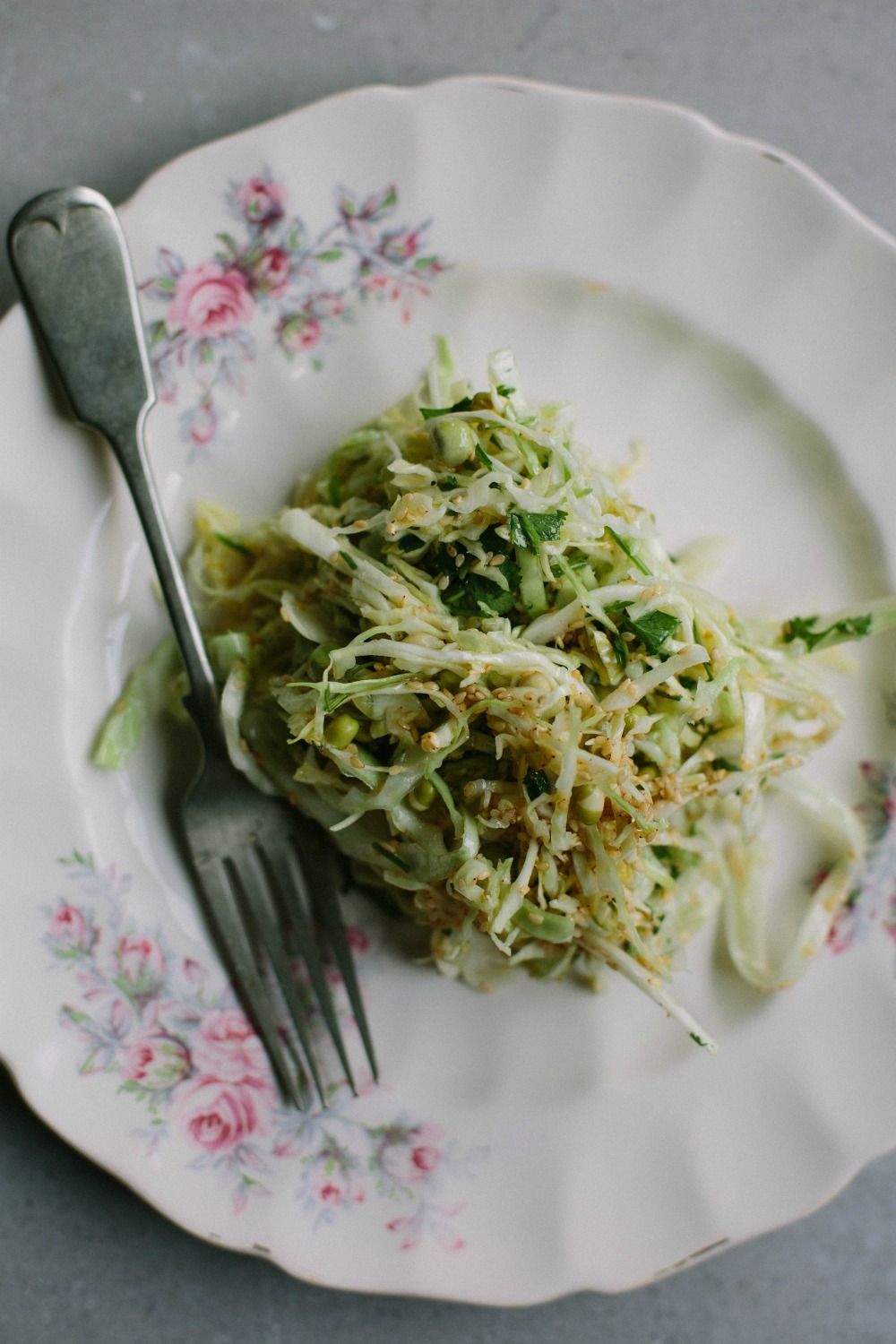
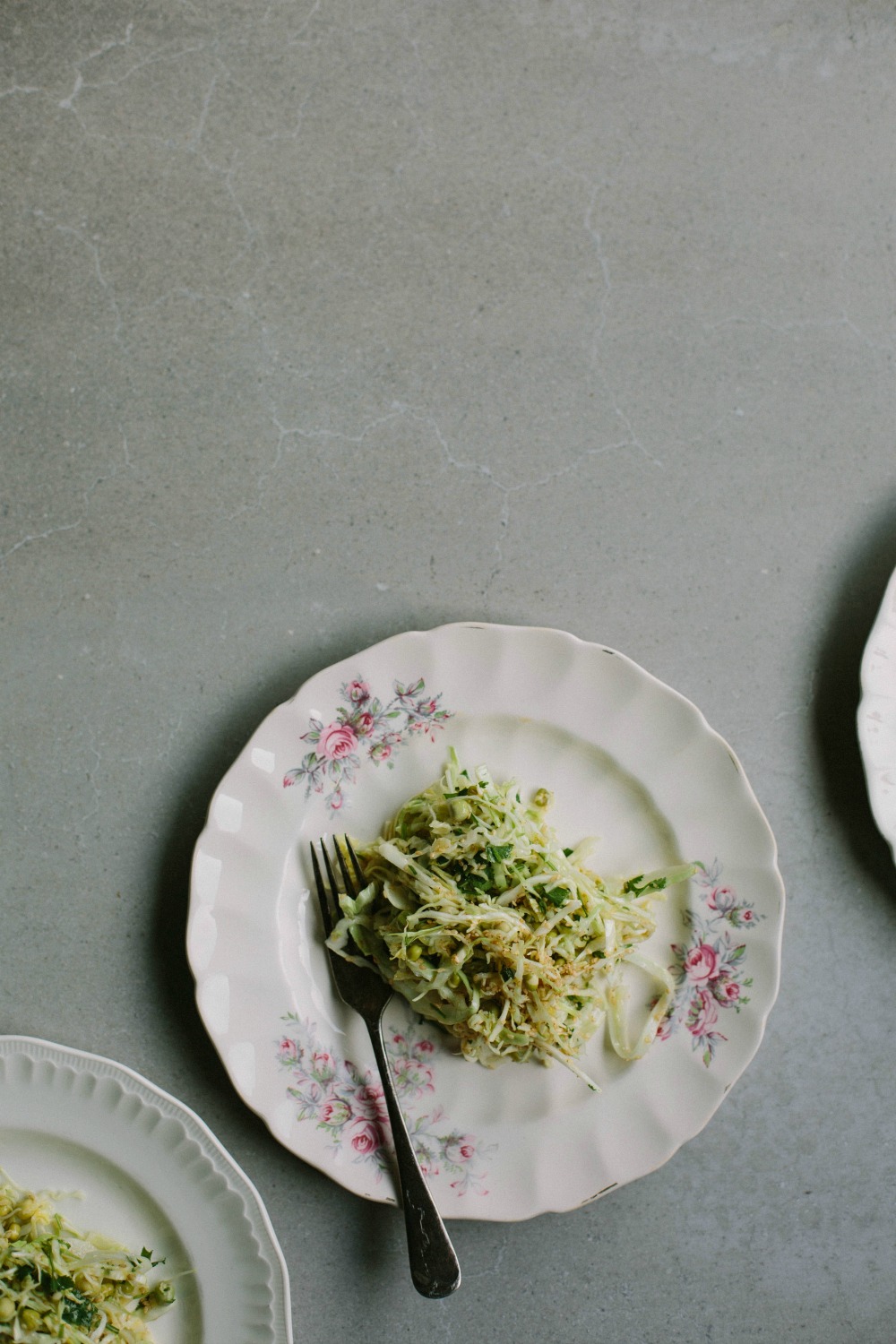
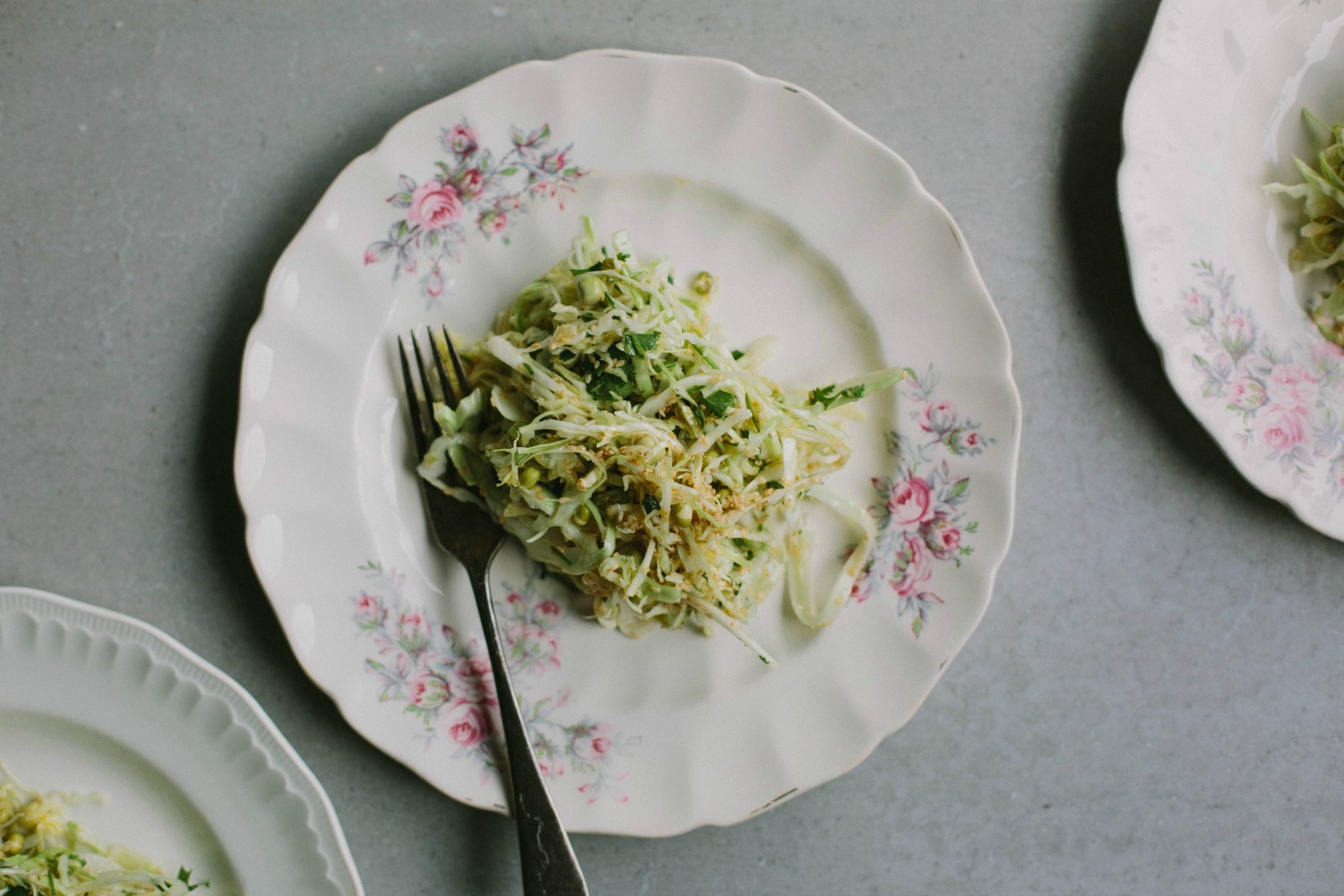
Serves 4-6
1/2 medium cabbage, finely shredded
1 cup sprouted peas or mung beans or a mixture of both
a good big handful coriander leaves, roughly chopped
3 tablespoons lightly toasted sesame seeds
The juice of 1-2 lemons or limes
2-3 tablespoons extra virgin olive oil
1 teaspoon toasted sesame oil
Fine sea salt and freshly ground black pepper
A sneaky tablespoon or two of sauerkraut, if you like
Combine all the ingredients in a large bowl, adding enough lemon juice and olive oil to nicely dress the salad without drowning it. Serve immediately, or store covered in the fridge until needed (it will wilt with time, but it’s still tasty as).
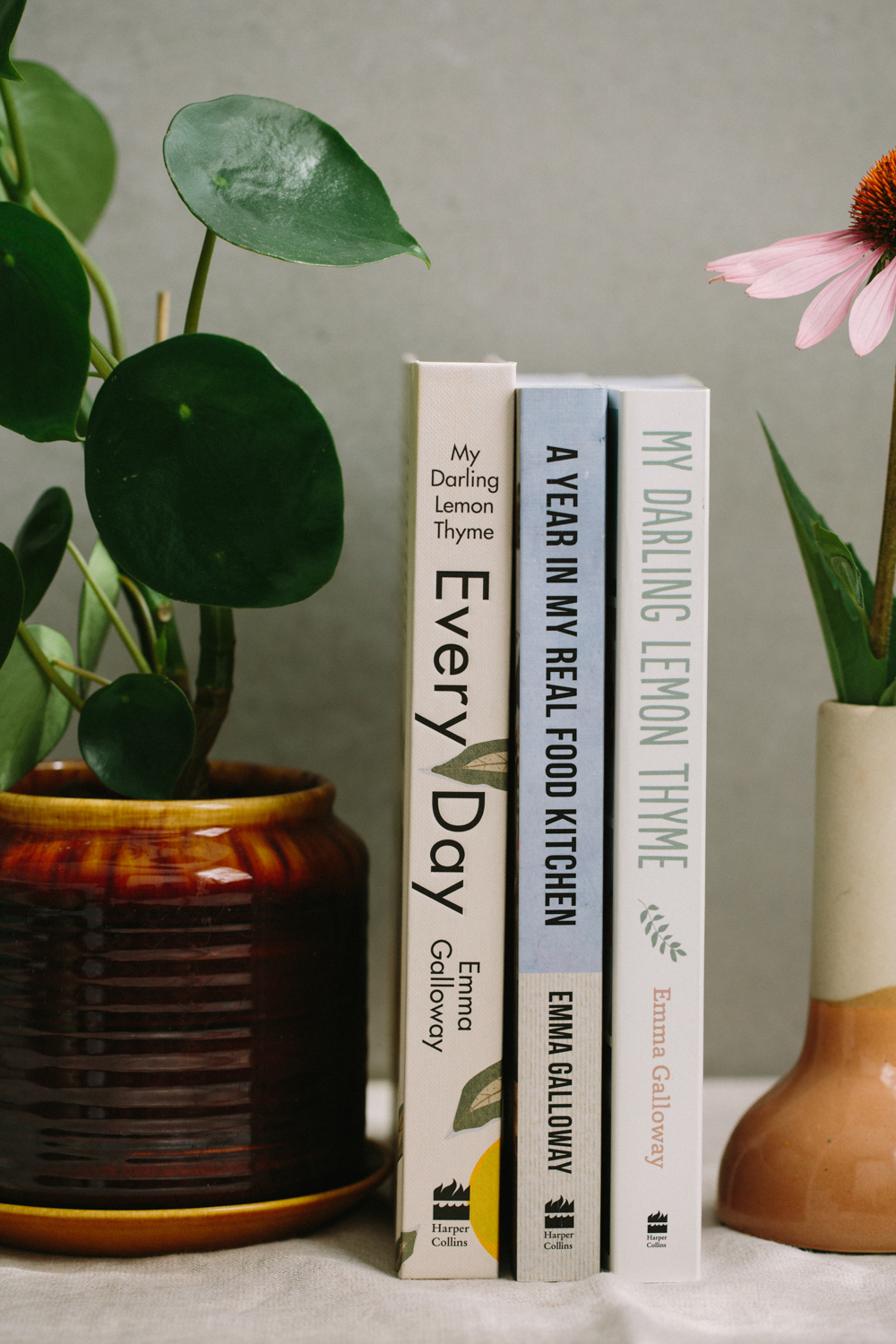


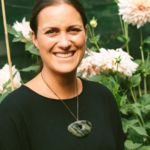

11 Responses
Kia ora Emma, thanks so much for your moving post. I was lucky enough to live in a community with strong Maori connections and that has guided my philosophy about a bicultural Aotearoa. I think it would be amazing for all people in this country to learn te Reo.
Thanks for your comment love. I totally agree, compulsory te reo in all schools would change our country, for the better!
I’m a bit teary after reading that Emma and so glad you found the Maori classes. It is so sad what happened to Australia’s indigenous languages and culture as well. Even though I’m an Aussie my mum was a kiwi and I’m proud of the fact that she knew a few a Maori words although she wasn’t Maori. I think New Zealand is miles ahead of embracing their indigenous culture compared to Australia and what stands out for me is that NZ newsreaders have been trained to pronounce Maori words properly. Love the look of that salad and will definitely be giving it a try soon.
Thanks so much for your comment Katie. I found it incredibly hard when at 19 I first moved to Australia and found there was no acknowledgment anywhere of the original custodians of the land. I agree NZ is light years ahead of Australia, but thankfully small steps in the right direction are finally being made over the ditch too. Arohanui x
<3 No words. Just love.
Very moving post, Emma. Thank you. I too, am sad that, as a Pakeha,, I grew up in a time when speaking Te Reo was frowned upon. I have vivid memories of being astonished to see an old woman at my church who had a moko. How times have changed and for the better. So glad you are back in NZ, felling better and the blog has come back to life.
Such a moving story, Emma! I can feel your emotion in your process you connect with your root and I am happy when you sucessful. Plus pictures and salad are wonderful, too. Hope to hear your new sharing!
P/s: I would like to hear your translation for “Ngā mihi nui kia koutou katoa” coz this is way I learn new language easily.
Thanks Ellen, it sure has been one hell of a journey so far! Ngā mihi nui kia koutou katoa roughly translates to: acknowledgements to you all xx
Thanks for the post. Love your lovely pictures
Congrats on your new connection to yourself <3 Thanks for the beautiful post and very refreshing pictures.
Thanks for the post. Love your lovely pictures